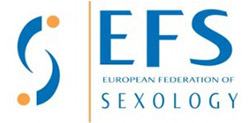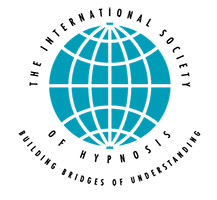
Neuro-linguistic programming (NLP) is an approach to psychotherapy and organizational change based on "a model of interpersonal communication chiefly concerned with the relationship between successful patterns of behavior and the subjective experiences underlying them" and "a system of alternative therapy based on this which seeks to educate people in self-awareness and effective communication, and to change their patterns of mental and emotional behavior".
NLP is the organization to achieve specific goals in life.
Gathering information about a problem state and desired goals, using specific tools and techniques to make interventions and integrating proposed changes into one's life. The entire process is guided by the non-verbal responses.
The first is the act of establishing and maintaining rapport which is achieved through pacing and leading the verbal (e.g. sensory predicates and keywords) and non-verbal behavior (e.g. matching and mirroring non-verbal behavior, or responding to eye movements). Once rapport is established, information may be gathered using the Meta model questions about the present state as well help define a desired state or goal for the interaction.
Particular attention is payed to the verbal and non-verbal responses as the present state and desired state and any resources that may be required to bridge the gap are defined. The encouragement is typically to consider the consequences of the desired outcome may have on personal or professional life and relationships taking into account any positive intentions of any problems that may arise in ecological check. Assisting in achieving the desired outcomes by using certain tools and techniques to change internal representations and responses to stimuli in the world.
Other tools and techniques include indirect suggestion from the Milton model, reframing, and submodalities. Finally, the changes are "future paced" by helping to mentally rehearse and integrate the changes into the life. "Step into the future" and represent (mentally see, hear and feel) what it is like having already achieved the outcome.
NLP has is acknowledged as having influenced the practices with its reframing techniques which seeks to achieve behavior change by shifting its context or meaning, for example, by finding the positive connotation of a thought or behavior.
NLP patterns have also been adapted for use outside psychotherapy for interpersonal communications and persuasion including business communication, management training, sales, sports, and interpersonal influence, used for coaching, team building, public speaking, negotiation, and communication.








